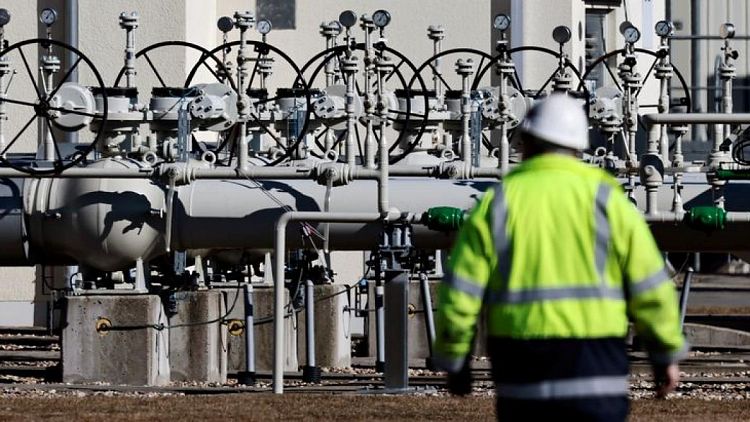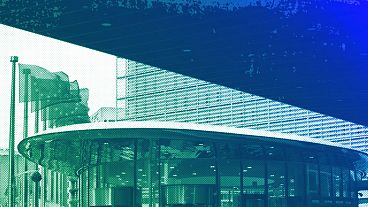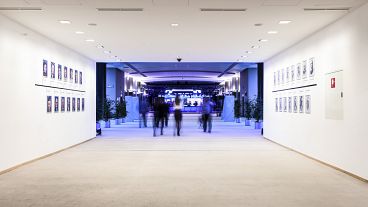FRANKFURT - Germany on June 23 moved to stage two of its three-tier emergency gas plan after Russia reduced deliveries via the Nord Stream 1 pipeline.
Annual maintenance on that pipeline starts on July 11 for two weeks.
Germany is working to prepare for a possibly permanent reduction or disruptions or stoppages caused by east-west tensions over war in Ukraine, sanctions and counter threats.
Here is a closer look at the three stages, set by Germany's Economy Ministry, as context to a possible move to stage three any time in the future.
1. EARLY WARNING PHASE
- This stage was triggered on March 30. The condition was that there were "concrete, serious and reliable indications that an event may occur which is likely to lead to a significant deterioration of the gas supply situation and probably to the alarm or emergency level".
- Gas transmission system operators (TSOs), which run the networks, started updating Germany's Economy Ministry on the supply situation.
- Electricity TSOs also started coordinating to keep grids stable should gas to power stations drop and cut their output.
- The government started informing the European Commissionabout potential further measures or their withdrawal.
2. ALARM PHASE
- This stage was triggered on June 23 after Nord Stream 1 volumes dropped by 60% following a turbine repair issue.
- The official wording said there "is a disruption in the gas supply or an exceptionally high demand for gas which leads to a significant deterioration of the gas supply situation, but the market is still able to cope with this disruption or demand without the need to take non-market based measures".
- Germany's Economy Ministry stopped short of triggering a clause that could have allowed utilities to pass on the soaring costs of purchasing spot market gas to meet supply obligations onto households and industry.
- A law passed by the lower house of parliament on July 7 and approved by the upper house on July 8 included options to launch a price sharing mechanism to bring in all consumers rather than allowing higher prices to affect individual sectors and parts of the value chain in an uncoordinated and damaging way.
3. EMERGENCY PHASE
- This stage will be triggered when there "is an exceptionally high demand for gas, a significant disruption in gas supplies or another significant supply situation and all relevant market-based measures have been implemented, but gas supply is insufficient to meet the remaining gas demand so that additional non-market based measures need to be taken, in particular to ensure the supply of gas to protected customers".
- State intervention kicks in because market fundamentals nolonger work, effectively meaning that gas suppliesmust be rationed.
- This is done by the German network regulator, theBundesnetzagentur, which is tasked with securing the "vitaldemand for gas with special consideration of protected customersand minimising consequential damage".
- In broad terms, supply to industry is curtailedfirst, while households and critical institutions such ashospitals continue to receive available gas.



